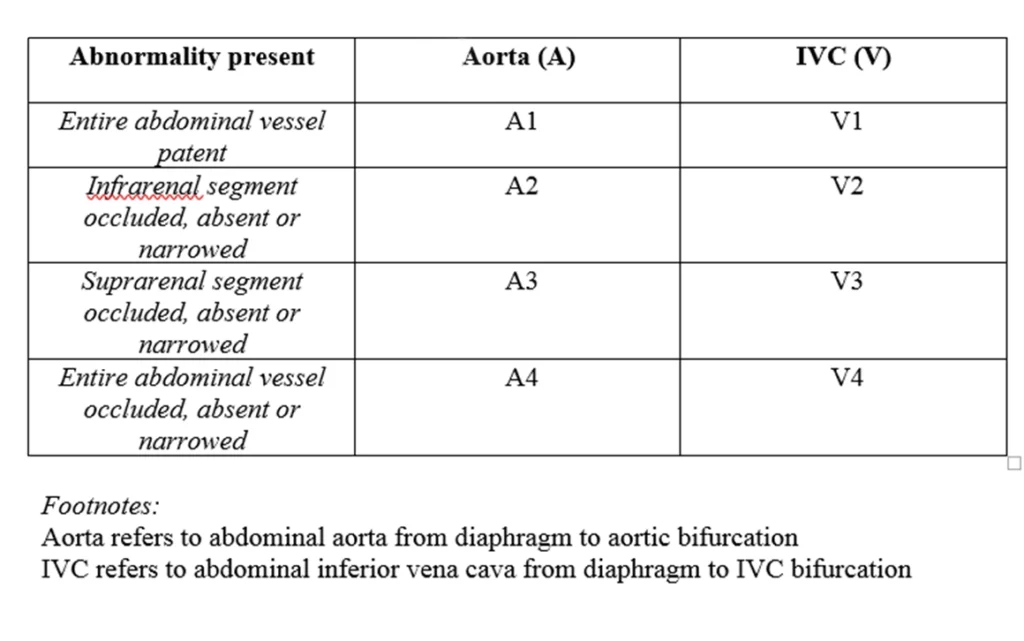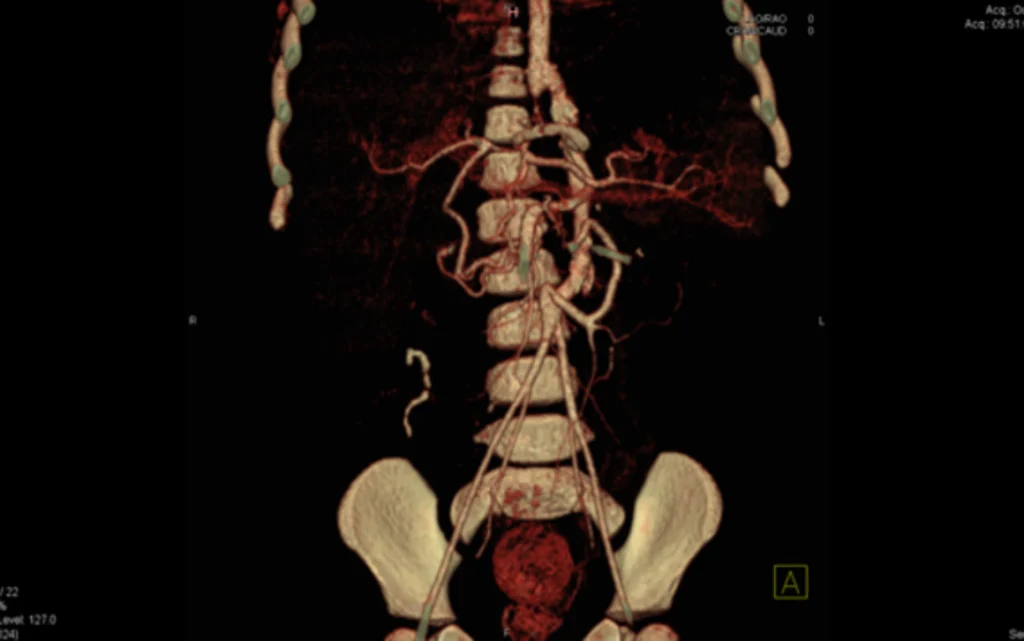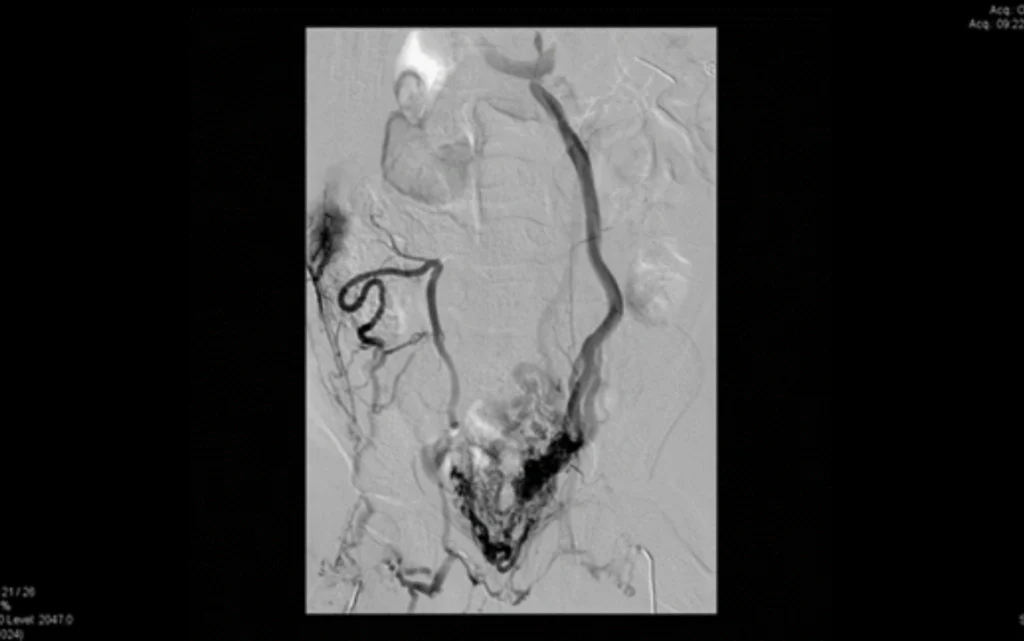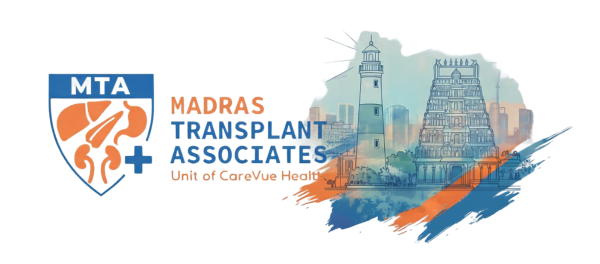Adult Kidney Transplantation
At Madras Transplant Associates, we believe kidney failure should not define a person’s life. Our Adult Kidney Transplantation Program brings together internationally trained transplant surgeons, advanced perioperative management, and holistic post-transplant care to ensure every patient receives the best opportunity for renewed health, vitality, and long-term wellbeing.

Introduction
- Kidney transplantation is the preferred treatment for patients with end-stage renal disease (ESRD).
- It offers better survival, quality of life, and cost-effectiveness compared to long-term dialysis.
Types of Kidney Transplant
- Living Donor Transplant
- Can be related (family member) or unrelated.
- Advantages: shorter waiting time, elective scheduling, better long-term outcomes.
- Deceased Donor Transplant
- Organ obtained from brain-dead or circulatory-death donors.
- Allocation is through a national or regional organ sharing network.
Eligibility
- Indicated for patients with irreversible kidney failure.
- Key requirements:
- Absence of active infection or malignancy.
- Adequate cardiovascular, pulmonary, and liver function.
- Good psychosocial support and medication adherence capacity.
Surgical Procedure
- Graft is usually placed in the iliac fossa (right or left lower abdomen).
- Vascular anastomosis: donor renal artery/vein to recipient iliac vessels.
- Ureteric implantation into bladder (ureteroneocystostomy).
Immunosuppression
- Induction therapy: Agents like basiliximab, alemtuzumab, or anti-thymocyte globulin (ATG).
- Maintenance therapy: Triple regimen
- Calcineurin inhibitor (tacrolimus/cyclosporine).
- Antimetabolite (mycophenolate mofetil/azathioprine).
- Corticosteroids (prednisone) – sometimes minimized or avoided depending on protocol.
Outcomes
- 1-year graft survival
- Living donor: ~95%.
- Deceased donor: ~90%.
- Long-term survival depends on immunological factors, adherence, infection control, and cardiovascular risk management.
Complications
- Early: delayed graft function, vascular thrombosis, urinary leaks, acute rejection.
- Late: chronic rejection, infection (viral, bacterial, fungal), malignancy, cardiovascular disease, recurrence of original kidney disease.
Post-Transplant Care
- Lifelong follow-up required.
- Regular monitoring:
- Renal function (serum creatinine, eGFR).
- Drug levels (especially tacrolimus).
- Blood pressure, blood sugar, lipid profile.
- Preventive care: vaccinations, cancer screening, infection prophylaxis.
Conclusion
- Kidney transplantation remains the gold standard for renal replacement therapy in adults, provided careful patient selection, surgical expertise, and lifelong immunosuppressive management are ensured.
Pediatric Kidney Transplantation
“Restoring Childhood, One Kidney at a Time”
At Madras Transplant Associates, we believe no child should be held back by kidney failure. Our Pediatric Kidney Transplant Program combines global-standard surgical expertise, precision perioperative care, and family-focused rehabilitation to offer children the best chance at a healthy future.

Why Pediatric Kidney Transplant?
- Gold standard treatment for end-stage kidney disease in children
- Restores normal growth, learning, and play opportunities
- Reduces long-term complications of dialysis
- Offers superior survival rates compared to long-term dialysis
Common Causes of Kidney Failure in Children
- Congenital anomalies of the kidney and urinary tract (CAKUT)
- Genetic disorders such as polycystic kidney disease
- Nephrotic syndrome resistant to medication
- Post-infectious kidney damage
- Metabolic or autoimmune disorders
Our Expertise with ‘Small’ (<15kg) and ‘Very Small’ children (as low as 6kg)
- Transplanting these children under 5 years and/or weighing from 6-15 kg requires special skills:
- Precision vascular surgery to connect small vessels to adult-sized donor kidneys
- Space-optimized graft placement for small abdomens
- Paediatric anaesthesia & critical care for safe surgery and recovery
- ABO-incompatible transplantation in children <2 years old, when indicated
Surgical Approach
- Living related donor preferred for optimal outcomes
- The donor kidney is mostly placed intraperitoneally because of the size mismatch between the donor kidney and the child’s abdominal cavity
- Artery and vein connected to aorta and vena cava (or iliac vessels in older children)
- Ureter reimplanted into bladder with stent support
- Native kidneys are usually left in place unless medically necessary to remove
Urological considerations

Bladder augmentation
Ileal conduit
The pre-operative use of 3-D modelling of the vascular anatomy in children that have malformations of their vena cava and aorta.
Arterial anastomosis window
Native
Picture of venous and aorta malformations and classification.

A4:V4 malformation


Post-Transplant Care at Madras Transplant Associates
- Steroid-sparing immunosuppression to maximize growth
- 24/7 access to paediatric nephrology and transplant surgery team
- Infection prevention protocols tailored to children
- Growth, nutrition, and developmental milestone tracking
- Parent/caregiver training for medication adherence and lifestyle adaptation
Outcomes at Madras Transplant Associates
- Graft survival: >90 % at 10 years (living donor)
- Catch-up growth: Significant improvement within 12–24 months post-surgery
- Return to normal life: school attendance, sports participation, and normal social interaction in most patients
Why Choose Madras Transplant Associates?
- Largest multi-organ transplant team with specialised paediatric expertise
- Integration with intestinal rehab, gut surgery, and homecare services for complex patients
- Access to advanced organ preservation technology for better graft function
- Part of a multi-dimensional healthcare ecosystem with cellular therapies and clinical trials
Pathway for Families
- Referral & Evaluation – Multidisciplinary assessment, blood & tissue matching
- Donor Selection – Living or deceased donor evaluation
- Surgery & ICU Recovery – 5–7 days in ICU, total hospital stay ~2–3 weeks
- Follow-Up & Rehabilitation – Weekly to monthly clinic visits in first year
- Long-Term Care – Annual monitoring, school reintegration, growth tracking
Our Vision
- To make advanced paediatric kidney transplantation accessible, affordable, and outcome-driven—so every child in need has the chance to grow, learn, and thrive.

